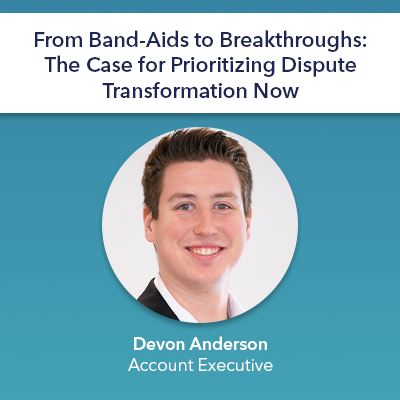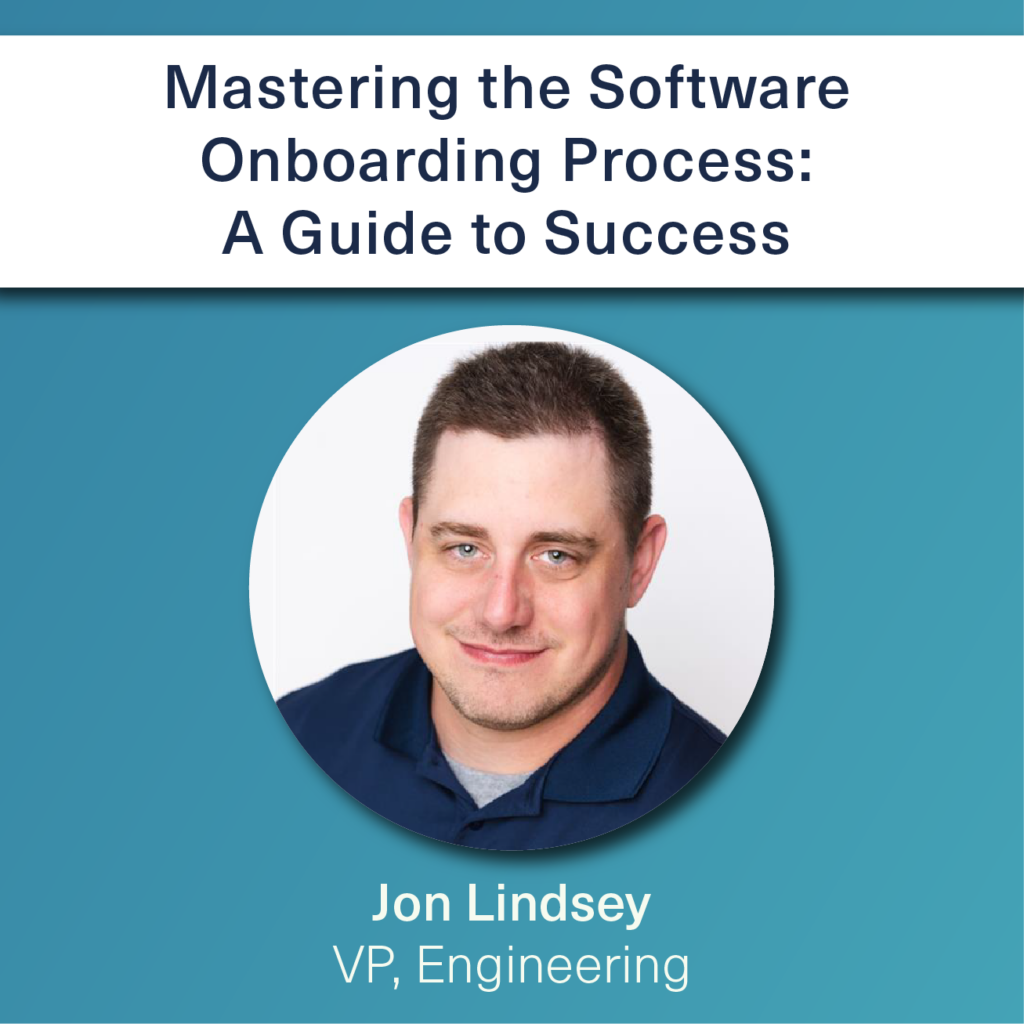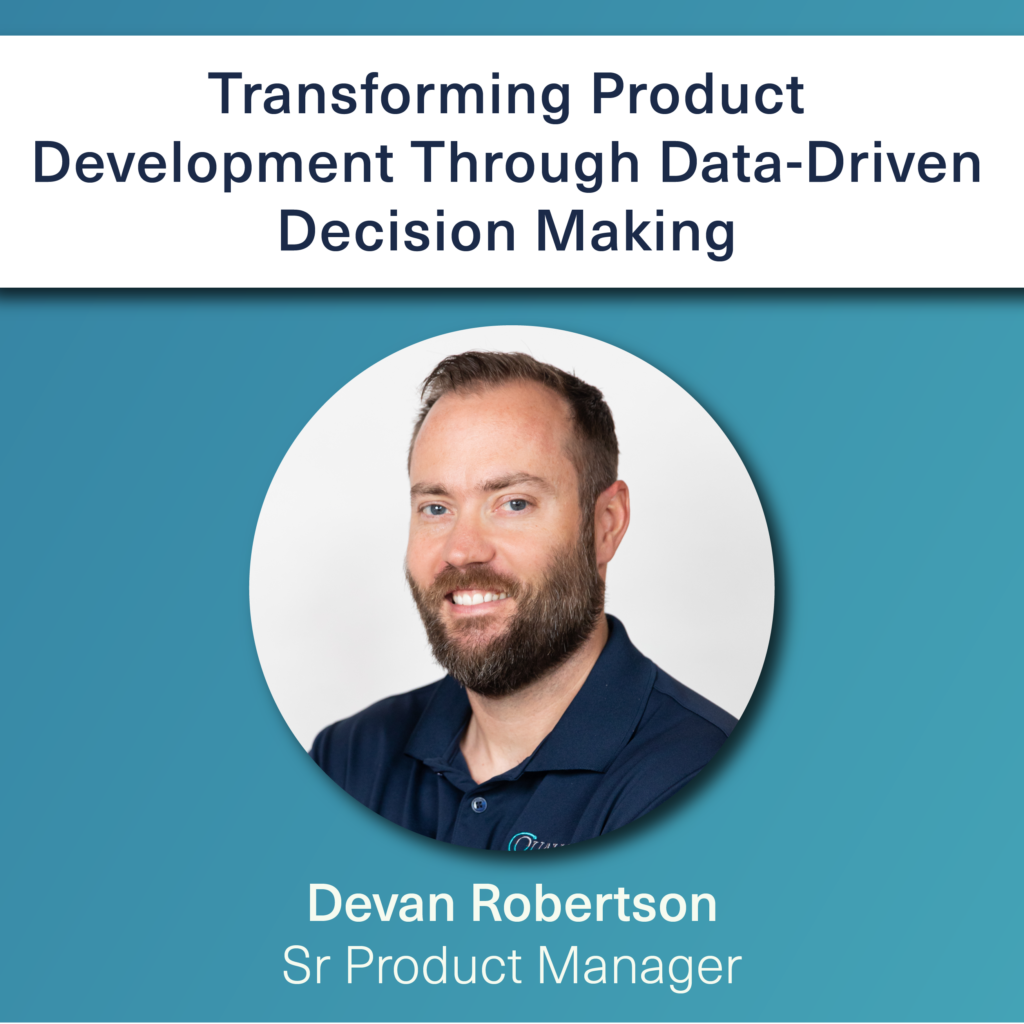Why It Might Seem Easy to Push off Your Dispute Transformation Effort
It’s old news that in the financial services industry, prioritizing projects is a constant challenge. Despite the clear benefits of transforming the dispute process and the regulatory burden that every financial institution in the country must meet, these projects are among the first to get de-prioritized. Let’s take a candid look at a few reasons why:
Short-Term Relief
Having spent the past four years working with clients to transform their legacy dispute solution into a future state with Quavo, I’ve seen a wide variety of what I affectionately refer to as “band-aids.” Short-term solutions that were meant to temporarily alleviate back-office or regulatory heartburn.
The rub is that these band-aids quickly become entrenched in the status quo and are deemed as “good enough.” With the heartburning fire reduced to a simmer, this often leads to disputes falling down the prioritization totem pole yet again.
Competing Priorities
Financial institutions juggle multiple high-stakes projects like regulatory compliance, cybersecurity, and digital transformation. Dispute transformation, which might not seem as immediately impactful, often takes a back seat.
Easy solutions are ” throwing more bodies” at the problem or increasing write-off thresholds to scale work with volume. More “band-aids” create a significant downstream impact on the bottom line.
Resource Constraints
Traditionally speaking, transformation projects require significant investments in time, money, and human resources. Smaller banks and credit unions, with already stretched budgets and staff, find it difficult and daunting to allocate necessary resources.
How can I run my business and take on a complex transformation effort?
An intimidating ask, maybe a problem better left for next year!
Perceived Complexity
The inherent complexity of disputes processes involving multiple stakeholders, time-sensitive accounting, cardholder engagement, and regulatory requirements can deter institutions from undertaking transformation projects due to fears of disruption.
I can already hear someone saying, “We’re planning on bringing in a new back-office manager in two quarters; one of their rocks will be to scope and champion this transformation.”
Why It Matters
At this point, you’ve probably guessed that I’m going to tell you why deprioritizing dispute transformation can be detrimental. We’ve established that band-aids can help provide us with short-term relief but don’t solve the root of our problem. To be completely frank, it’s not just one root issue that we need to solve: Inefficient case management practices, legacy systems, swivel chairing, manual review and monitoring, manual credits checks, and account maintenance are all at the heart of what causes a back-office to go awry.
These issues easily compound, leading to inconsistent decisioning, higher losses, potential regulatory scrutiny, and an increasingly dissatisfied cardholder base.
I like to say that disputes are not a differentiator for your financial institution unless you do it poorly.
Cardholders expect a degree of trust in their financial institution and likely won’t thank you for meeting that expectation. On the other side of the coin flip, we will certainly feel the impact if cardholders begin to waiver in that trust that we have worked so hard to build.
At Quavo, we understand these challenges and offer solutions to overcome them. Our automated fraud and disputes solution, QFD, streamlines the dispute process, reduces losses by up to 50%, and enhances operational efficiency. We’ve removed onboarding fees so financial institutions of all sizes can partner with us. Our goal is to take the burden of implementation off of our clients and their technology teams, going live in 6 months or less. Ready to learn more? Reach out to one of our experts today.
I’m optimistic that the rest of the financial institutions will soon see it my way! Prioritizing dispute transformation now will provide long-term benefits, ensuring your institution meets that burden of trust in the moment that matters most.






